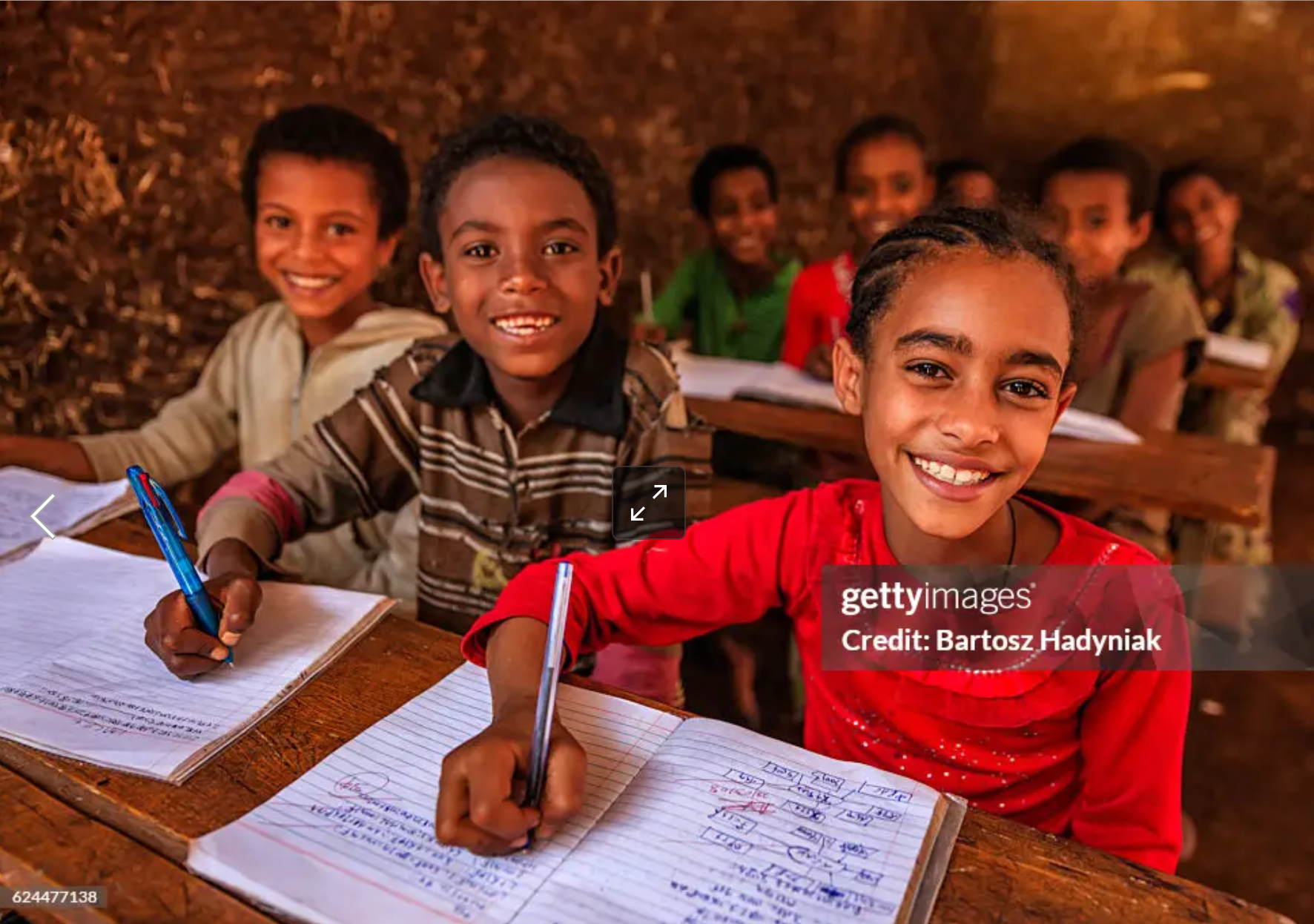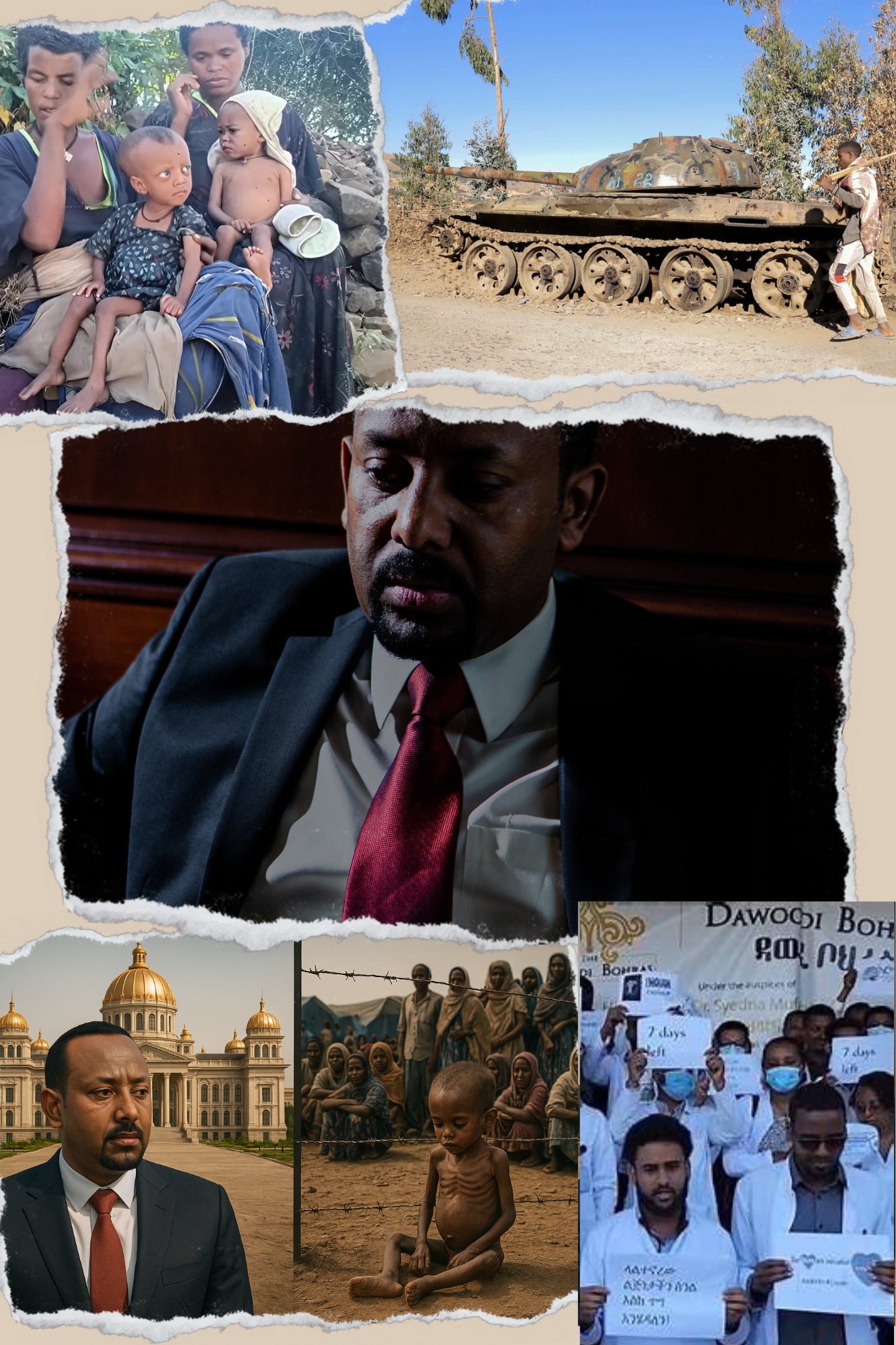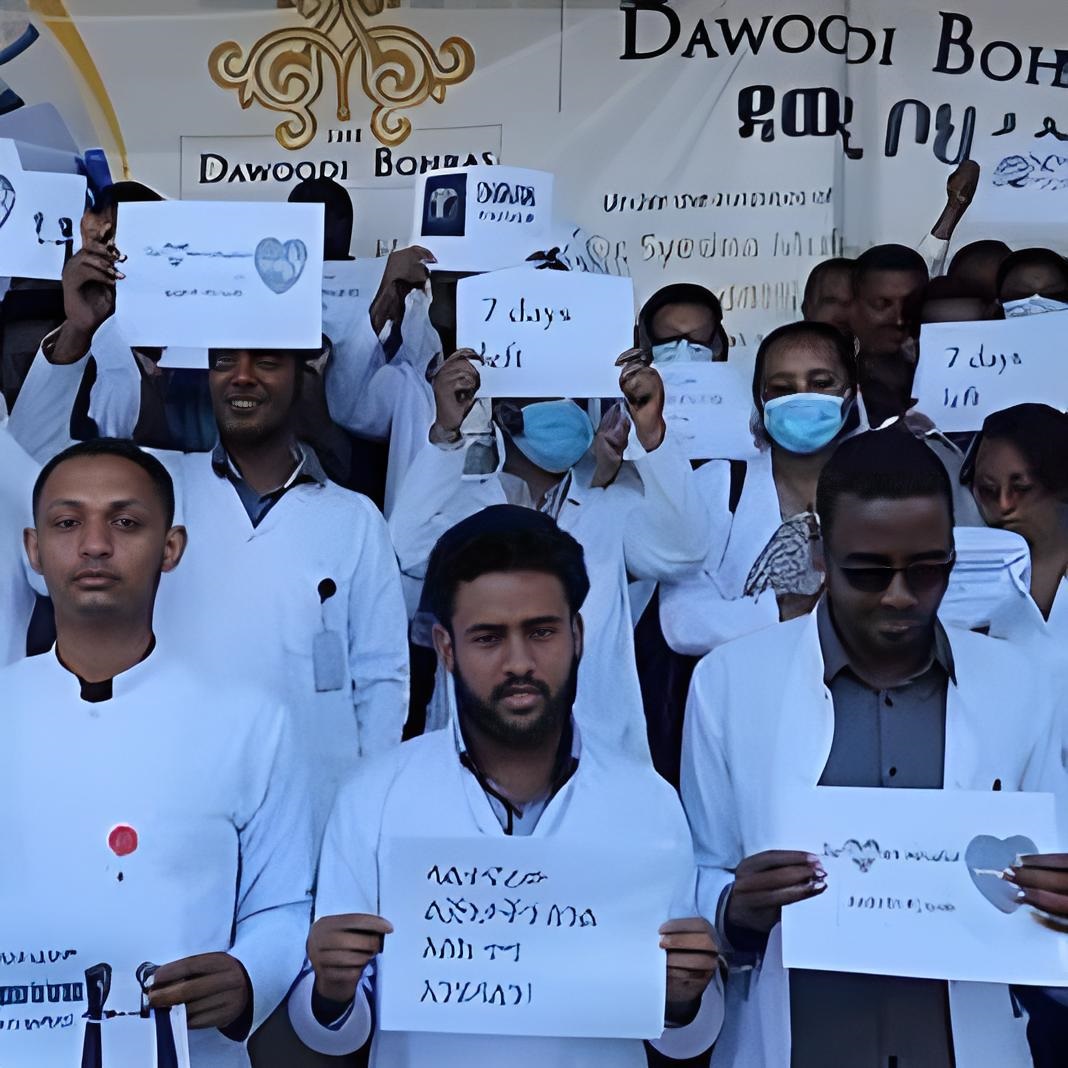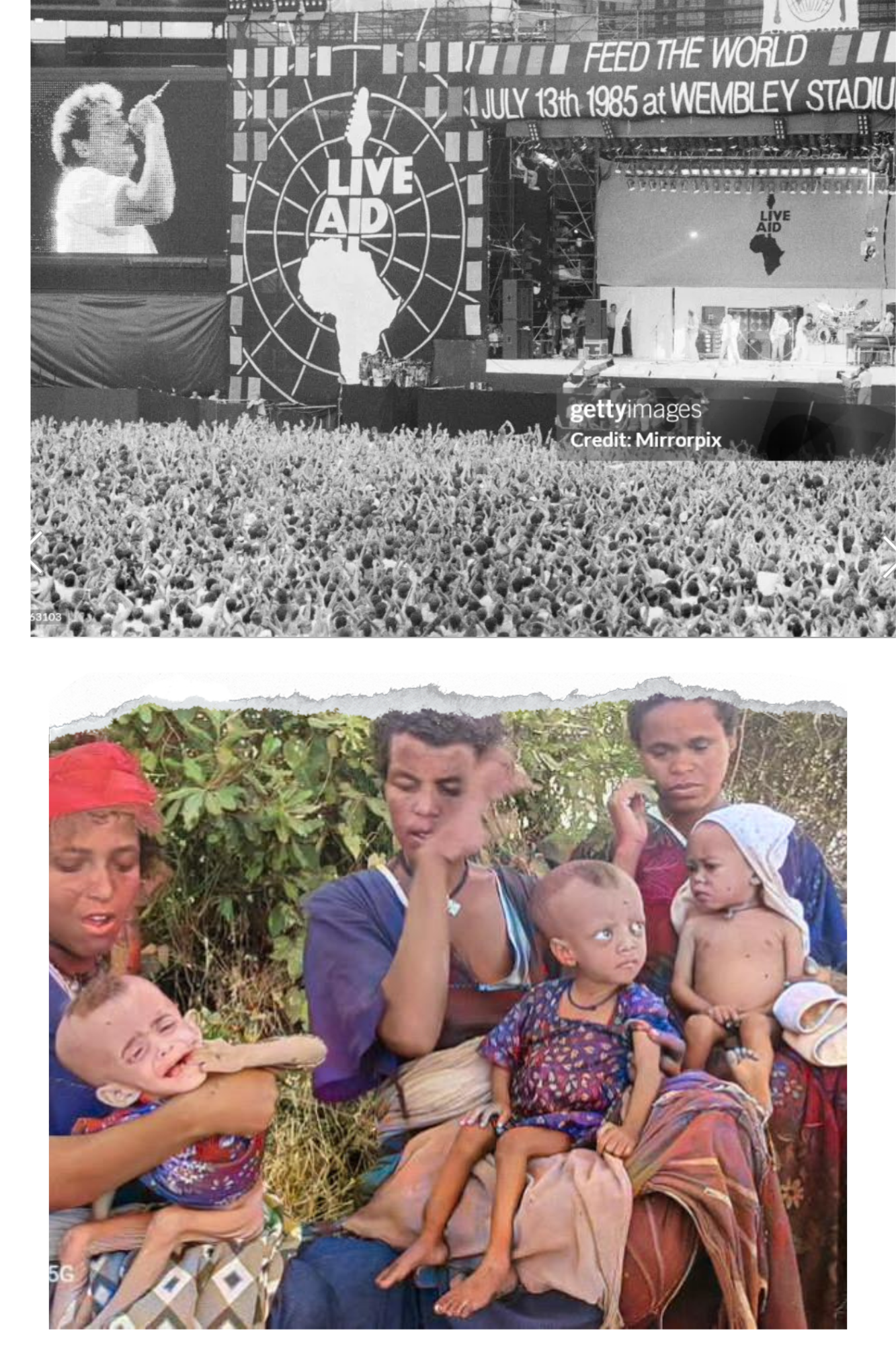OP-ED: The Broader War on Amhara
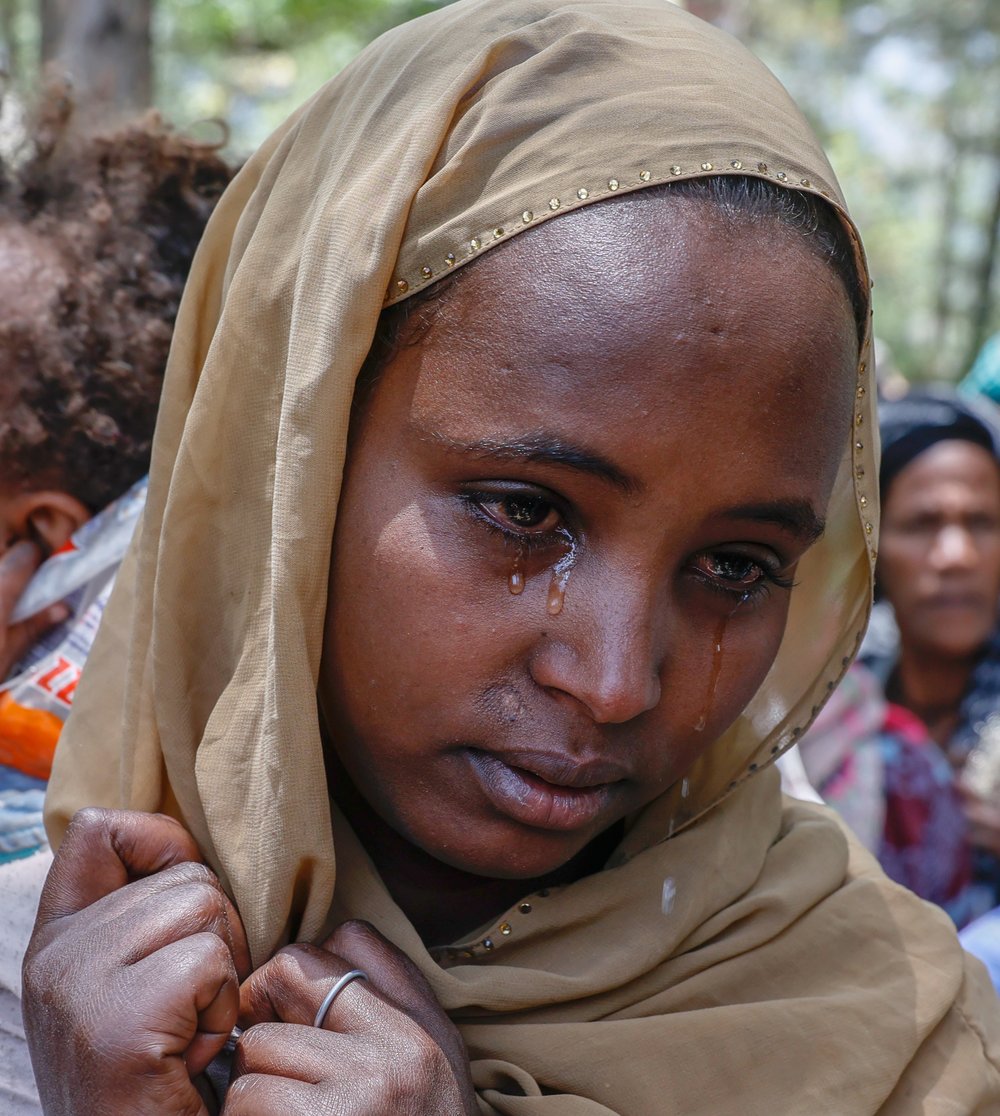
The Tole Massacre is just one example of the ongoing ethnic violence that has plagued the Amhara community. Reports of targeted attacks, displacement, and systemic marginalization have been a grim reality for many Amharas.
This violence is rooted in deep-seated ethnic tensions and political dynamics that have historically marginalized certain groups, leading to repeated cycles of conflict and bloodshed. In recent years, the situation has escalated. Armed groups, including the OLA/OLF, have intensified their campaigns of violence, often with devastating consequences for civilians.
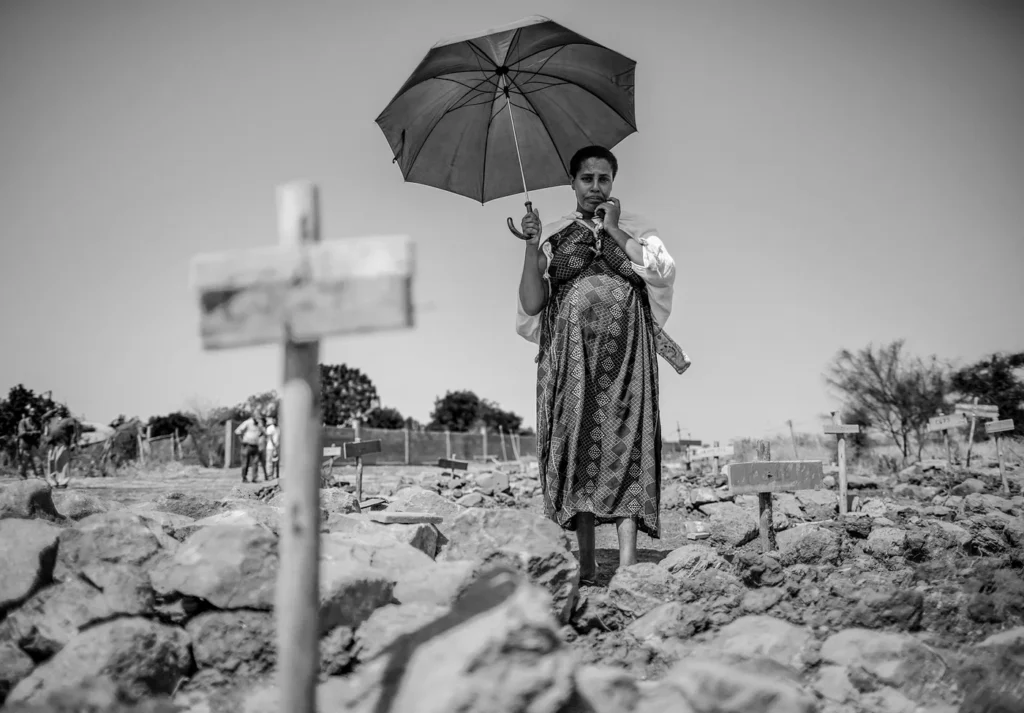
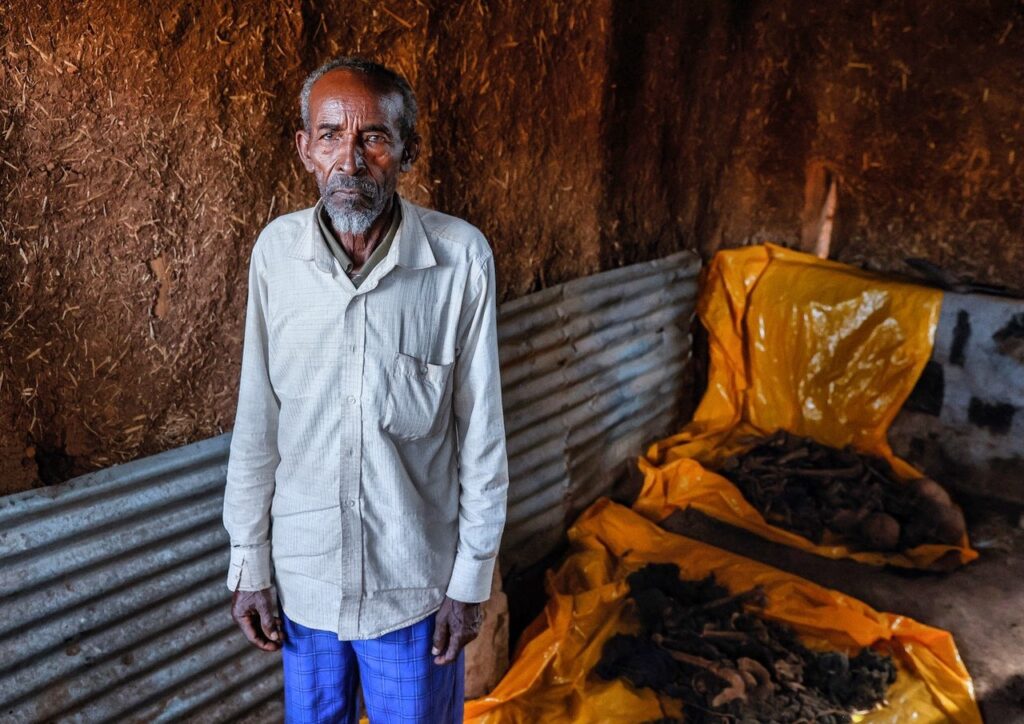
The Ethiopian government’s response has been criticized for its inadequacy, with many alleging that state forces are either complicit or negligent in protecting vulnerable populations. The international community has also been slow to act, despite mounting evidence of ethnic cleansing and human rights abuses.
A Call to Action
The time for complacency has long passed. We must act now to address the ongoing violence and prevent further atrocities. Here are key steps that need to be taken:
1. International Awareness and Advocacy:
• Raise global awareness about the plight of the Amhara people. Media coverage, social media campaigns, and public statements from influential figures can help shine a light on the atrocities.
• Engage international organizations, including the United Nations and human rights groups, to investigate and document the violence, ensuring accountability and justice for the victims.
2. Humanitarian Aid and Support:
• Provide immediate humanitarian assistance to displaced and affected communities. This includes food, shelter, medical care, and psychological support.
• Support local and international NGOs working on the ground to deliver aid and rebuild communities.
3. Diplomatic Pressure:
• Urge governments and international bodies to apply diplomatic pressure on the Ethiopian government to take decisive action against perpetrators of ethnic violence.
• Advocate for the establishment of an independent commission to investigate the Tole Massacre and other incidents of ethnic violence against Amharas.
4. Community Engagement and Reconciliation:
• Promote dialogue and reconciliation initiatives within Ethiopia to address the root causes of ethnic tension and foster a culture of peace and mutual respect.
• Support local peacebuilding efforts that involve community leaders, civil society organizations, and affected populations.
5. Legal and Policy Reforms:
• Advocate for legal and policy reforms in Ethiopia that protect minority rights and ensure equal treatment for all ethnic groups.
• Encourage the Ethiopian government to strengthen its commitment to human rights, rule of law, and democratic governance.
Moving Forward
The memory of the Tole Massacre should serve as a catalyst for change. By taking these steps, we can honor the victims and work towards a future where such atrocities are prevented. The international community, civil society, and individuals all have a role to play in ending the cycle of violence and building a more just and inclusive Ethiopia. Let us stand together in solidarity with the Amhara people and all victims of ethnic violence. Let us amplify their voices, demand justice, and strive for a world where peace and human dignity are upheld for everyone. Now is the time to act – for Tole, for Amhara, and for the future of Ethiopia.
EAR Editorial Note : This is the author’s viewpoint and Views in the article do not necessarily reflect the views of EAR

